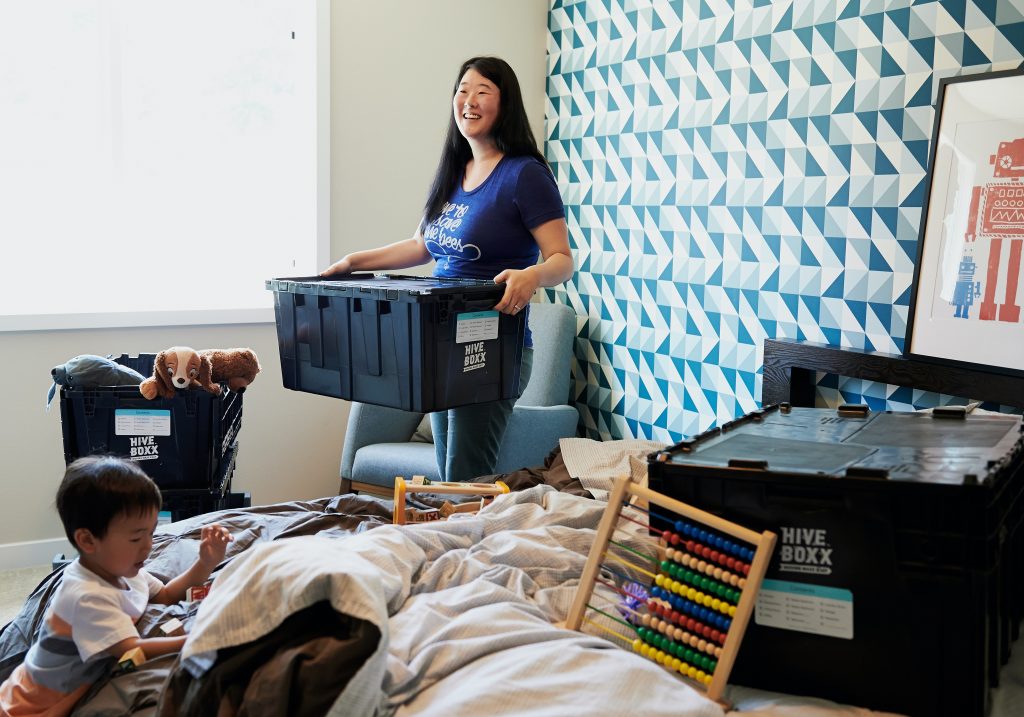
Your 3 Choices When Unpacking Boxes
To keep an item, I have to be 99% certain that I would use this again.
You need to consider these three choices:
Each item can only be held once and must be acted upon in one of three ways —>
Choice 1.
- Decide. . . . Decide whether an item is “a part of some whole,” “a whole with many parts,” or doesn’t belong. This choice will seamlessly establish a sorting system that matches your thinking one choice at a time. Keep these decisions rational. Don’t overvalue or romanticize. Treat every item as if it belongs to someone you don’t know. Avoid the urge to rethink an earlier decision. You can revisit any decision when all the boxes are gone. Then you will know what to do.
Choice 2.
- Deposit it or dump it. . . . Put the item where it will stay — file it, put it on a shelf or in a drawer, or put it in the circular file. Resist the temptation to put things in a staging area. That just generates more work, making the task expand in size. Hold fast to the rule that you touch each item only once.
Choice 3.
- Direct it (Immediately send it to someone who needs it or can act on it.)
Prepare yourself to work more slowly than you anticipated. The key is to keep an even pace to so that decisions begin to fall into place naturally. It will take longer to empty a box, if you stick to those choices, but each box will be sorted for good.



